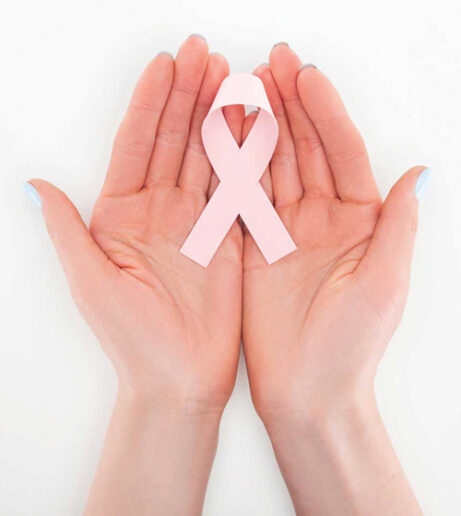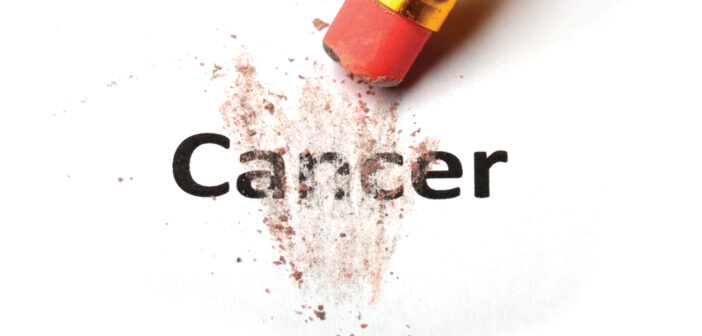In any form, cancer is serious and far too prevalent in the world. It is the most feared medical diagnosis in the U.S. with dementia coming in second. It can happen almost randomly, putting everyone at risk, and it is typically difficult to treat. Each year, nearly two million people receive a cancer diagnosis, with breast cancer the most common. For men, the three most prevalent are prostate, lung and colorectal cancers. Almost 40% of men and women will be diagnosed with some form of cancer in their lifetime. There is one good way to drastically increase your chance of survival: early detection.
Finding cancerous cells or a mass before it gets too large or has time to spread means that treatment has a better chance of success. Almost all women diagnosed with breast cancer at its earliest stage survive at least five years, as do 90% of women diagnosed with ovarian cancer at its earliest stage. Ninety percent of those diagnosed with lung cancer in an early stage will survive at least a year, compared with a 20% survival rate for a late-stage diagnosis in the same time frame. Many cancers show few symptoms until the advanced stages, so it is vital to pay attention to any significant changes in your body and be aware of your family’s medical history. For example, men who have cases of prostate cancer in their family are advised to be screened for it at least five years earlier than those with no family history of the disease.
Cancer can strike at any time and early detection is crucial to its eradication and our survival.

With the goal of early detection, the American Cancer Society released a few helpful symptoms for the general population to recognize. (This is a rough guide at best and many symptoms listed here are shared by multiple non-malignant disorders or diseases. Listen to your body and report issues to your doctor.)
Other symptoms not on this list include unexplained weight loss and chronic fatigue.
Cancer can strike at any time and early detection of the disease is crucial to its eradication and our survival. Very few things are more important than our health; still many people miss their chance to catch cancer before it truly takes hold, often for reasons such as fear of hearing the diagnosis, worries about wasting a doctor’s time, being a family burden, or the cost of treatment. Cancer shows no mercy and you should treat cancer the same way. If you’re going t
o get it, you may as well give yourself the best chance to beat it! Pay attention to your body and never be afraid to undergo doctor-recommended testing. You never know and the earlier it is detected, the better your chances for a long, happy and cancer-free life.
C – Change in bowel or bladder habits
A – A sore that does not heal
U – Unusual bleeding or discharge
T – Thickening or lump in breast or elsewhere in the body
I – Indigestion or difficulty swallowing
O – Obvious change in a wart or mole
N – Nagging cough or hoarseness














